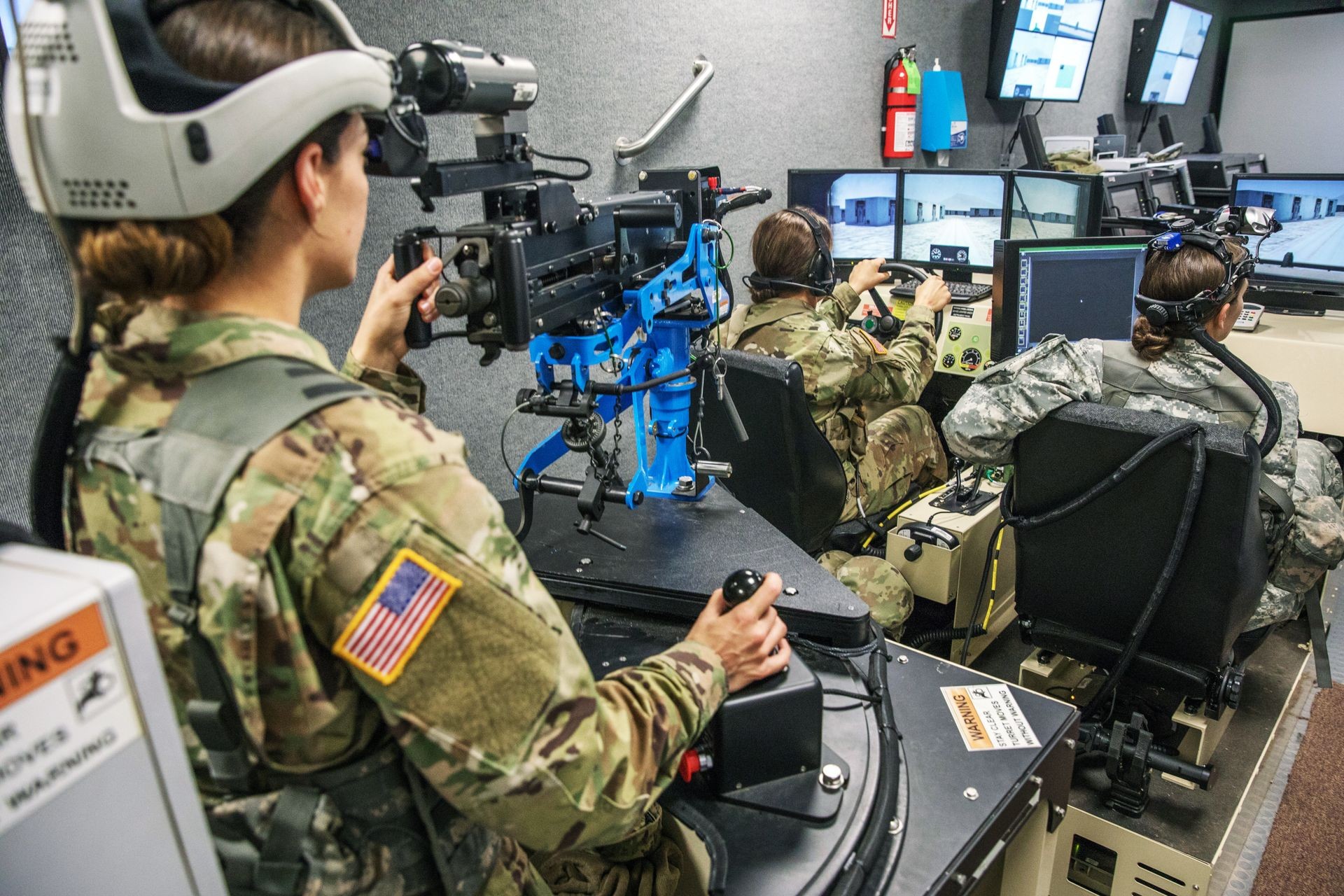Military
Virtual reality (VR) technology has rapidly emerged as a game-changer in the realm of military defense. With its ability to immerse users in realistic and dynamic virtual environments, VR is revolutionizing the way armed forces train, plan, and execute operations. This transformative technology enhances readiness, improves decision-making, and reduces risks in military scenarios. In this article, we will explore the myriad ways in which virtual reality is reshaping military defense.
Immersive Training:
One of the primary applications of virtual reality in military defense is immersive training. Traditional training methods can be expensive, time-consuming, and sometimes dangerous. VR offers a cost-effective and safe alternative, allowing soldiers to simulate various combat scenarios and practice their skills in a controlled environment. This not only reduces the risk of injury but also enables more frequent and realistic training sessions.
Realistic Simulation:
Virtual reality enables military personnel to engage in realistic simulations of complex operations. Whether it's a reconnaissance mission, urban combat, or aerial dogfight, VR can recreate these scenarios with unparalleled accuracy. Soldiers can hone their tactical and strategic skills in a risk-free environment, preparing them for real-world challenges.
Defence
Equipment Familiarization:
Military personnel often use complex and high-tech equipment. Virtual reality can assist in familiarizing soldiers with new equipment and technologies, reducing the learning curve and ensuring that they are proficient in using the tools they are provided with.
Psychological Training:
The mental and emotional aspects of combat are as critical as the physical ones. VR can simulate high-stress situations, helping soldiers develop the psychological resilience needed to stay focused and make sound decisions under pressure. This type of training can be invaluable for preparing troops for the challenges they may face in the field.
Remote Operations:
In modern warfare, remote-controlled and autonomous systems play a significant role. VR allows operators to remotely control drones, robots, and other unmanned vehicles with precision and ease. This not only enhances the safety of military personnel but also improves the efficiency and effectiveness of these systems.
Teams
Post-Mission Analysis:
After an operation, VR can be used for detailed post-mission analysis. Soldiers and commanders can review their performance in a virtual reconstruction of the mission, identifying strengths and weaknesses to inform future training and operations.
Decision Support:
VR can assist commanders in making critical decisions by providing them with real-time data and simulations. This capability enables more informed and agile decision-making, ultimately leading to better outcomes on the battlefield.
Virtual reality is a transformative technology that is reshaping military defense across multiple fronts. From training and simulation to mission planning and remote operations, VR is enhancing readiness, improving decision-making, and reducing risks for military personnel. As technology continues to advance, it is likely that VR will become even more integrated into military operations, further strengthening the capabilities of armed forces worldwide.
Contact Us Now
Fill out the form below to get in touch with us. We are here to answer any questions you may have and provide you with the best virtual reality experience.

